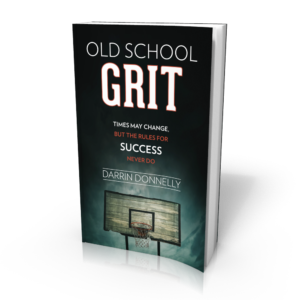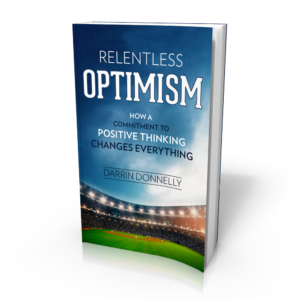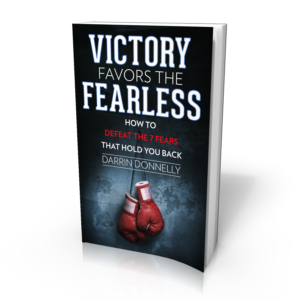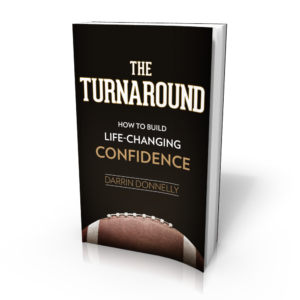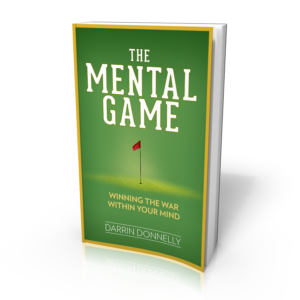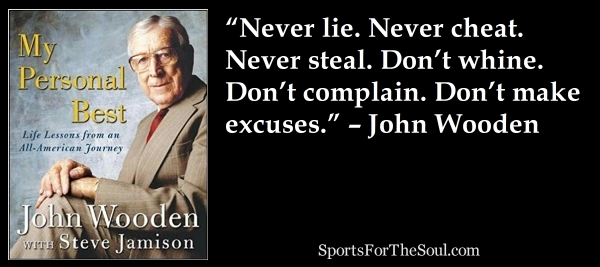 When John Wooden was growing up in the 1920s, one of the hardest obstacles he faced was when his father lost their family farm. In a perfect storm of negative events, a bad vaccination killed their hogs and a drought stunted their crops. This was a time before there was insurance for such things and the bank took the family farm.
When John Wooden was growing up in the 1920s, one of the hardest obstacles he faced was when his father lost their family farm. In a perfect storm of negative events, a bad vaccination killed their hogs and a drought stunted their crops. This was a time before there was insurance for such things and the bank took the family farm.
The Wooden family was devastated.
But this horrible event ended up having a profoundly positive impact on the future basketball coach because of the way his father handled the adversity. Here’s what John Wooden said about the incident…
Through it all, Dad never winced. He laid no blame on the merchant who sold him the serum, didn’t curse the weather, and had no hatred toward the banker. My father had done his best, but things went bad.
“Blaming, cursing, hating doesn’t help you,” he’d say. “It hurts you.”
His example is deeply imbedded in my mind and, I hope, reflected in my behavior.
He was a living model of his own “two sets of threes”—brief instructions that he felt were basic to decent behavior. My brothers and I heard his two sets of threes often while we were growing up.
“Never lie. Never cheat. Never steal,” was his first set. “Don’t whine. Don’t complain. Don’t make excuses,” was his second set.
He believed you should do your best, and if the results were unsatisfactory, keep quiet about it and work harder next time.
As instructive as it was to hear him recite the two sets of threes, seeing him abide by them as he lost the farm had a most powerful effect on me. That’s where I came to see that what you do is more important than what you say you’ll do. People say they’ll do all kinds of things.
– John Wooden, from his book (with Steve Jamison) My Personal Best
Never lie.
Never cheat.
Never steal.
Don’t whine.
Don’t complain.
Don’t make excuses.
These six rules served as the foundation for John Wooden and they should be the foundation for you as well. What a world it would be if everyone lived by them.
Choose to live by them.

